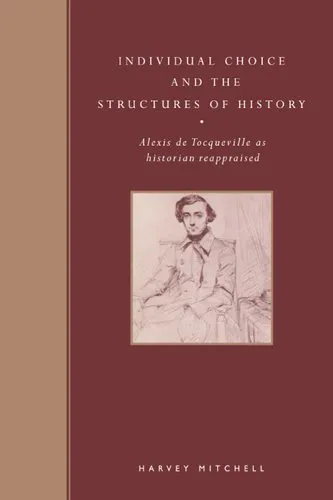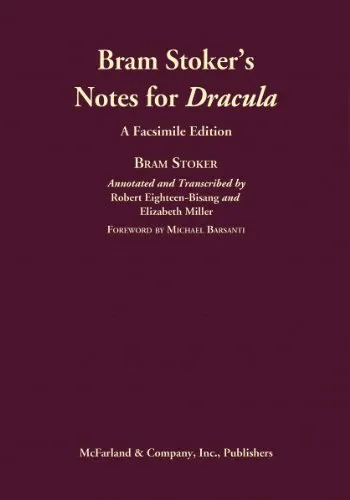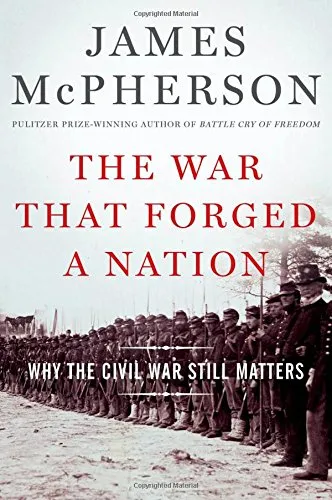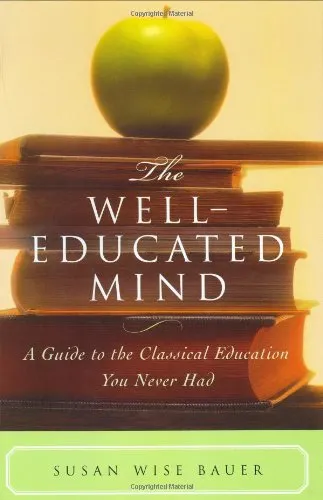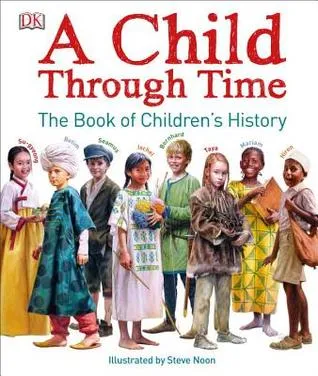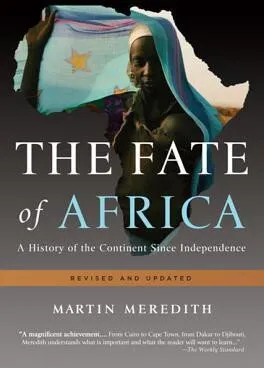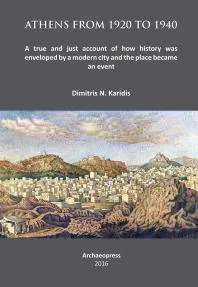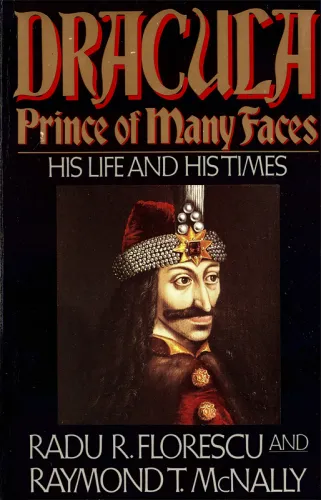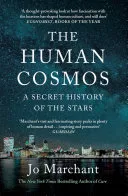Individual Choice and the Structures of History: Alexis de Tocqueville as Historian Reappraised
4.0
Reviews from our users

You Can Ask your questions from this book's AI after Login
Each download or ask from book AI costs 2 points. To earn more free points, please visit the Points Guide Page and complete some valuable actions.Related Refrences:
Introduction to 'Individual Choice and the Structures of History: Alexis de Tocqueville as Historian Reappraised'
Alexis de Tocqueville, the renowned 19th-century French political thinker and historian, is best known for his seminal works, "Democracy in America" and "The Old Regime and the Revolution." In 'Individual Choice and the Structures of History: Alexis de Tocqueville as Historian Reappraised,' I, Harvey Mitchell, explore the profound insights Tocqueville offered into the tensions between individual autonomy and historical structures. This book endeavors to delve deep into Tocqueville's historiographic methods and the enduring relevance of his ideas in understanding contemporary societal dynamics.
Detailed Summary of the Book
The book reinterprets Tocqueville’s contributions to historiography by examining his unique perspective on two pivotal facets of history: the role of individual agency and the overarching structures that shape societal evolution. Tocqueville posited that history is a complex interplay between personal choices and larger historical currents, a thesis that envelopes much of his historical and political analysis.
Throughout the chapters, 'Individual Choice and the Structures of History' critically evaluates Tocqueville's belief in the power of individual action amidst social and political change, while simultaneously acknowledging the influence of institutional and societal frameworks. It underscores how Tocqueville viewed history not just as a passive recording of events, but as an active, interpretive process influenced by the participants within it.
An in-depth analysis is provided on Tocqueville's narrative style, his approach to uncovering historical causality, and his dualistic lens of contextualizing individual motives and motivations within broader historical paradigms.
Key Takeaways
- Tocqueville's methodology bridges the gap between micro and macro historical analyses.
- The book provides a comparative analysis of contemporary historiography and Tocqueville’s insights.
- It revitalizes interest in Tocqueville's less-studied role as a historian beyond his political theory.
- The analysis serves as a guide to modern interpretations of historical responsibility and agency.
Famous Quotes from the Book
"History is not merely a series of predetermined events, but a canvas where individual choices paint destinies."
"In Tocqueville's lens, the past is a prism, casting light on the interplay of human agency and the immutable structures that define epochs."
Why This Book Matters
In an era where the interplay of individual freedom and structural determinism remains a central question, 'Individual Choice and the Structures of History' provides a compelling reexamination of these themes through Tocqueville's eyes. It challenges modern readers and historians to reconsider the balance between personal agency and institutional influences in crafting historical narratives.
This book matters because it reinvigorates Tocqueville's historical insights with a new perspective, proposing that his work offers significant lessons for today's historians grappling with the dilemmas of causality, human agency, and the steadfast structures of society. Through a reevaluation of Tocqueville's historiographic work, it encourages a nuanced understanding of history—one that respects both the unyielding forces of structure and the powerful potential of individual volition.
Free Direct Download
You Can Download this book after Login
Accessing books through legal platforms and public libraries not only supports the rights of authors and publishers but also contributes to the sustainability of reading culture. Before downloading, please take a moment to consider these options.
Find this book on other platforms:
WorldCat helps you find books in libraries worldwide.
See ratings, reviews, and discussions on Goodreads.
Find and buy rare or used books on AbeBooks.
1326
بازدید4.0
امتیاز0
نظر98%
رضایتReviews:
4.0
Based on 0 users review
Questions & Answers
Ask questions about this book or help others by answering
No questions yet. Be the first to ask!
